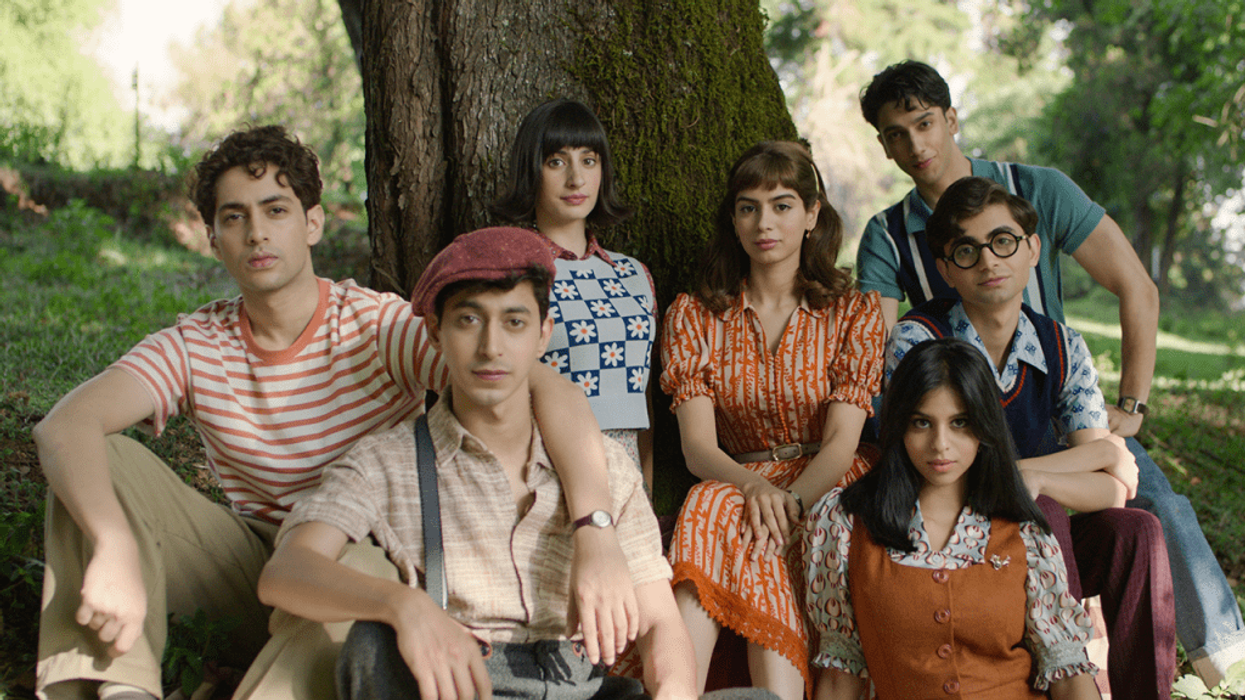THE Bollywood nepotism debate will be fuelled further in the next 18 months, as a new generation with famous family connections get ready to make their film debuts. They will have to be a lot stronger than the wave of aspiring hopefuls with well-known relatives, launched in the last five years, who have failed to generate meaningful interest onscreen.
The likes of Ananya Pandey, Sara Ali Khan, Janhvi Kapoor, Aditya Rawal, Abhimanyu Dassani, Utkarsh Sharma, Zahan Kapoor, Ishaan Khatter and others haven’t shown the kind of genuine talent, excitement or work needed to sustain any kind of big career. They have added to other poor stars with famous relatives launched in the past decade, which has arguably made this the worst generation of young stars in Bollywood history.
With outsiders getting less chances than ever before to make a mark in frontline Hindi cinema, all eyes are now on the new ‘nepo-kids’ to see if they can add sparkle to the young generation of stars, which is clearly missing right now.
Despite nepotism having more negatives than positives, famous families previously produced popular talents like Raj Kapoor, Rishi Kapoor, Sanjay Dutt, Sunny Deol, Aamir Khan, Salman Khan, Kajol, Hrithik Roshan, Kareena Kapoor, Alia Bhatt, and Ranbir Kapoor. Those who weren’t good enough were cast aside.
But today many have got repeated chances because streaming sites have been buying any old rubbish, which has enabled sub-standard talent to keep on getting signed for further projects and this has led to more talentless star kids polluting the Bollywood pool than ever before.
The attention is now on hopefuls with famous connections getting ready to be launched in Bollywood in the months ahead. Their needs to be really great talent in there or the already terrible young generation, will get even worse, at a time Hindi cinema is already on its knees.
The most high-profile launches will be in forthcoming Netflix release The Archies, which sees Amitabh Bachchan’s grandson Agastya Nanda, late actress Sridevi’s daughter Khushi Kapoor and Shah Rukh Khan’s daughter Suhana Khan making their film debuts. Getting introduced in a film that has a straight to streaming site premiere will take off the box office pressure from them but won’t give them that blockbuster beginning to propel them to great heights.
Meanwhile, Sanjay Kapoor’s daughter Shanaya Kapoor is set to be launched in the film Bedhadak, which doesn’t really have any hype attached to it.
Aamir Khan’s son Junaid Khan reportedly has a deal with Yash Raj Films, which will give him a grand launch, but Bollywood’s biggest production house hasn’t had great success with new talent in the past decade.
Pashmina Roshan, the daughter of music director Rajesh Roshan and cousin of Hrithik Roshan, is set to star in romantic drama Ishq Vishk Rebound, but that again doesn’t have any kind of major hype around it. There is a similar story with Alizeh Agnihotri, daughter of actor Atul Agnihotri, with her launch.
Ibrahim Ali Khan, the son of Saif Ali Khan and Amrita Singh, is reportedly being lined up for a Bollywood remake of 2022 hit Malayalam movie Hridayam. But with most remakes flopping, this is not the best idea.
Ajay Devgn’s nephew Aaman Devgan and Raveena Tandon’s daughter Rasha Thadani will be making their debut in an Abhishek Kapoor movie, but he is an inconsistent director, so the film could be a hit or miss.
Overall, a lot of money will be spent on introducing Bollywood insiders, but it doesn’t look like being a generation that will go on to become huge onscreen stars like (most of) their famous relatives. It is another indicator that outsiders in India need to be given more meaningful chances.




